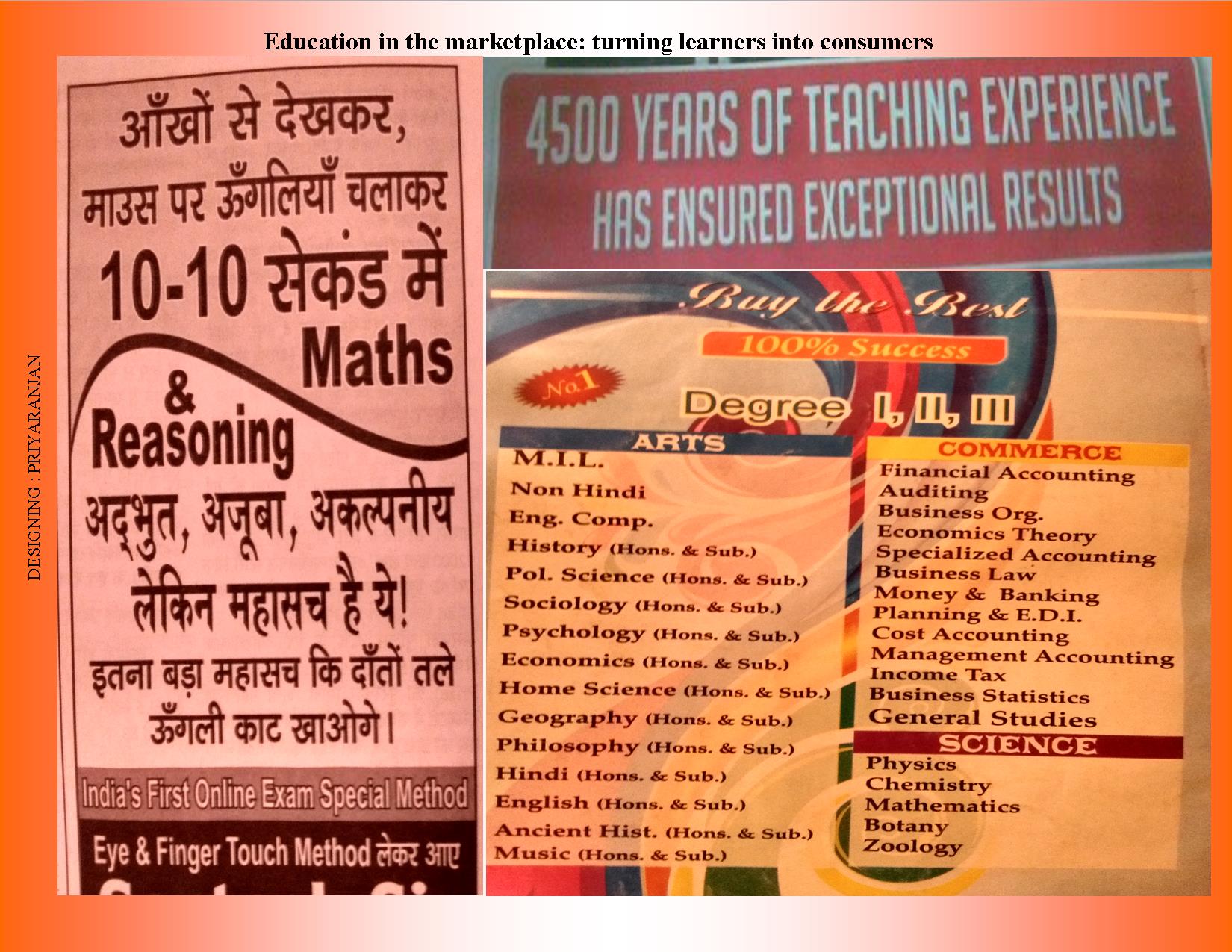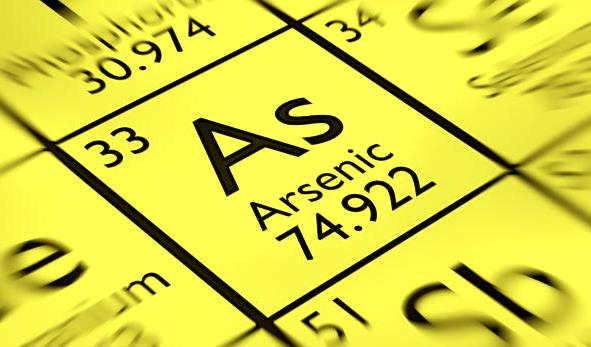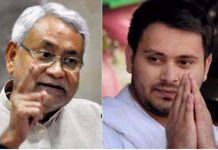FROM THE FIELD
Situating the Crisis in the Present Education System Through the Narratives of Students
Educational institutions lose their sanctity when the teacher and the taught are no more sincere to the mutual exchange of ideas: when teaching is reduced to mechanised labour and learning to a mere compulsion. Here a dedicated teacher shares the insider’s perspective to the educational crisis in our times through revealing narratives.
Dr. Priyaranjan teaches sociology at Central University of South Bihar, Gaya, Bihar
This write-up is based on my interactions with a student who is currently studying in a college in the state of Bihar. The story of this student is in many ways not unique and similarities may easily be drawn between this story and the lives of many more students across India. It is thus symbolic in nature and can easily encapsulate many more life trajectories. Through anecdotes I am sharing a story of hope, faith and perseverance on the one hand and apathy, corruption and inertia on the other .This story throws some light on the educational canvas of present day Bihar (or what remains of it).
Amrit, a young student was very happy after clearing his Higher Secondary Exams. He decided to pursue BA (Hons.) in Political Science. He enrolled himself in a government recognised college and started attending classes with the hope that good education will ensure a bright future not just in terms of jobs but in building up a certain understanding of the social and political world. But his hope was shattered right away. Most of the time the classroom was vacant; no students, no teachers. Initially he thought that it was like this because it was only the beginning of a new session and that everything would be fine in some days. A month passed but the situation refused to alter. One day he went to the college office and had the following conversation with the Head Clerk.
Amrit: Sir; My name is Amrit and I have taken admission in BA (Hons.) Political Science. I have observed that teachers and students do not come to classes regularly. I have not even got the time-table yet.
Head Clerk: Don’t worry. Teachers have their own time. Most of them come here just to maintain their attendance in the register. Many of them do not take classes regularly, so students also do not come.
Amrit: So , do you mean that there will hardly be any class?
Head Clerk: A few classes would be taken before the commencement of the exams. You will get the notes and the expected questions from your respective teachers. So do not worry; you will pass your exam with good marks.
Amrit: Sir, college is primarily an institution for learning. The environment here should help students to learn, grow, and evolve. If no classes are held then what is the meaning of college?
Head Clerk: Look Amrit! We are giving you a BA degree which will make you eligible for appearing in many competitive exams. I suggest that since there are no classes you should prepare for Bank PO/SSC/Railway exams. Pursuing BA is not enough these days. Do not waste your time in idealism and prepare for competitive exams.
Amrit: Sir; I want to study. Right now I do not want to focus on competitive exams. Can I meet the Principal and discuss this?
Head Clerk: OK. You can meet the Principal but nothing is likely to change. I am observing these things for more than 20 years now.
One day Amrit actually had got the opportunity of meeting the Principal. And he discussed all these issues with him. The Principal tried to pacify and even expressed his helplessness He told Amrit that some teachers were interested more in politics than teaching while most of the students were more interested in preparing for competitive exams rather than taking interest in the course they were pursuing for graduation. They know very well how to pass the undergraduate exams. Some parents also pressurize students to prepare for competitive exams from day one. Self-study is the best study. So you should take care of your study on your own.
So gradually it became clear that there would not be any classes. Amrit was in despair. One day he contacted me and told me his experience and the frustration that he was undergoing.
I told him to get hold of the syllabus but he could not even find that in the College. The Syllabus was also not available in the local bookshops. He then requested me to get it from Patna. Since Patna is a big city I thought I would be able to get it there.
One day I decided to go to Ashok Raj path (Patna) which is a hub of book-shops. I went to at least twenty bookshops but could not get hold of the syllabus of Political Science (Hons.). Many shopkeepers were extremely surprised that I was looking for the syllabus when nobody generally even bothered about it. Amrit managed to arrange for the syllabus after 2-3 months. I also got opportunity to have a look at it. In the syllabus, I found the names of topics and the titles of the books related to it. There was no further elaboration upon either the topics or the books. Here is an extract from it-
Democracy
- Classical, Pluralistic, Marxist and Elitist views
- Political Parties and Pressure Groups
- Franchise and Methods of representation
Books Recommended:-
- Ashirvatham – Political Theory
- Iqbal Narain – Rajniti Shastra ke Siddhant
- Shyam Lal Verma – AdhunikRajneetikSidhant
[Help Book: Rekha Passport Political Theory]
I was most surprised to see the reference of Passport (a type of guess paper or guide where questions are givens along with readymade answers which students may mechanically mug up and reproduce).
I told Amrit to study from the books available in the library. Ironically, none of the books named in the syllabus were available there. The library had not ordered for the books as there was no budget allotted to it!
Persistent in his urge for knowledge Amrit asked me to get some books for him. I was in Patna again and went looking for some appropriate books that would satisfy the scholar in Amrit. It was only after visiting some fifteen shops that I entered an old book shop where I purchased some books. I had a brief discussion with him about why no books of some credential were available in most bookshops. He said “Sir a very few students are interested in reading course books. Most student want to pass their exams with the help books (guides, guess paper, passport etc.). There are also fewer margins on course books.”
I also wanted to know from him about the present crisis in higher education. He replied:
“I am here for around 30 years. The quality of teaching is deteriorating. Students are involved in politics. Political parties are using them for their vested interests. Students go on strikes for
different reasons but never for qualitative education or improvement of teaching. A number of teachers are appointed without fair means. The State’s education system needs overhauling.”
I was trying to understand his reply. He was really addressing the crisis of the present education system.
In a Mc Donaldised world, where most of the things work on an instrumental logic, my purpose should be nothing more than aspiring to qualify some competitive exams. I recall how a shopkeeper told me with much conviction the futility of reading original texts and I find it hard not to quote him here “Gentleman! Why do you want to buy original texts? One thing should be clear in your mind. You have to get marks. Ultimately marks matter not what you read or how you study. How many teachers read original texts? Give time to competitive exams. It is a competitive world. If you do not qualify exams, you will not get job – whatever your degree may be – – – BA, MA, and PhD – – – .Getting a job is very important in the present time not knowledge. Knowledge keliye to poori Zindagi pari hai (You have whole life to gain knowledge). If you get a decent job, you will get enough dowries. So try to focus on qualifying competitive exams.BA, MA, PhD to aisle hi coati hai(One can do BA, MA, PhD without much effort). If you get a job, then you have a respectable place in society otherwise no one is going to ask about you.”
I gave few books to Amrit. He was happy.
One day his friends and relatives suggested that since he was compelled to sit at home so he should take admission in a coaching centre for preparation for competitive exams. On this advice, he took admission in one of the reputed coaching centres in his area. The Coaching centre’s office welcomes one like this: 100% safalta ki guarantee (100% guarantee of success). On the office board, there is a list of year-wise successful candidates who have qualified SSC/Bank/ Railway exams.
He was attending classes. He saw a different teaching style here. The Maths teacher was spending much of his time trying to demonstrate techniques and tricks for cracking a problem. The English teacher was focusing on grammatical rules and how to find common errors in sentences. He was giving a list of synonyms, opposites, prepositions, articles etc. for memorising which would apparently help the students to pass in the English qualifier test. The History teacher was great! He used to come in the class and tell the students to write whatever he was narrating without caring for any doubt or questions. After writing 2-3 pages, students would get bored. One day Amrit stood up in class and said, “Sir; please do not make us write to everything. I don’t think history is a boring subject but the way you insist on giving notes, it becomes boring for us. Can’t you explain History in a more interesting way? “
The history teacher was not comfortable with all these questions. He retorted:
“ See Amrit! You are here to qualify competitive exams. History is not the story of kings and kingdoms it is all about facts. If you do not know the facts, you cannot qualify exams. I make you write because I have to complete the syllabus within the given time. “
Somehow Amrit was not comfortable with the coaching classes, so one day he decided to meet the Director of the coaching centre. He discussed the issues which he was facing in the classes. The Director replied:“Mr. Amrit! Banking/SSC/Railway exams are based on the principle of ‘Speed with Accuracy’. If you do not know tricks, rules and facts how will you qualify these exams? Concepts, theories, introduction to topic are meant to be taught in colleges/universities not in coaching centres. When you had to know all these things, why did you take admission here? It is my responsibility that teachers should complete their courses on time. We start new batch after three months. If you are not satisfied with this coaching centre, you can take admission somewhere else. But money will be not returned at any cost.”
After some days, he left the coaching classes. One day he called me up inquired if he could come and stay with me for a few days. I obliged this eager seeker of knowledge. After a few days he asked me if he could attend my classes. I explored the possibility but then was told that since Amrit was not a registered student of the university; the authorities will not allow this.
Then he told: “If I attend classes with other students, it is not going to hamper your university. I just want to attend classes and believe me I am not going to disturb anyone.”
I tried to convince him. But I could not succeed.
It pains me to see how the state has failed to provide quality education to all. It has washed its hands off education, an education of substance and meaning. Degrees are basically mere certification that qualifies one for exams and increases one’s prospects for employment. What about securing knowledge to understand the physical and social world we socialize in, with its mysteries, puzzles and debates?
Not only has education been reduced to its more instrumental ends but in the process it has also privatized the domain towards which knowledge itself has been encapsulated into bits and megabytes of information which have to be secured by shallow cognition at best and memorization at worst. This is not the story of Amrit alone; there are lakhs of Amrits who are suffering in the present education system.
So the above interaction with students compels us to reflect on our times as teachers/learners/educators and ask what our role is. Have we accepted this manufactured and wrought educational destiny on so many hapless Amrits’ or could we do something individually if not collectively? Hope and faith still have not dimmed but critical thinking alone is not going to change the whole situation.
Revolution in education is not going to happen in one day. Each moment is a moment for change and difference. Hence wherever we are, whatever the conditions are in, we can bring some changes. I invite the readers to look out for more Amrits and address the lacunaes in today’s educational setting in ways more intensive and varied than mine. We have to make an effort without expectations but with a hope that we can bring out a change.














